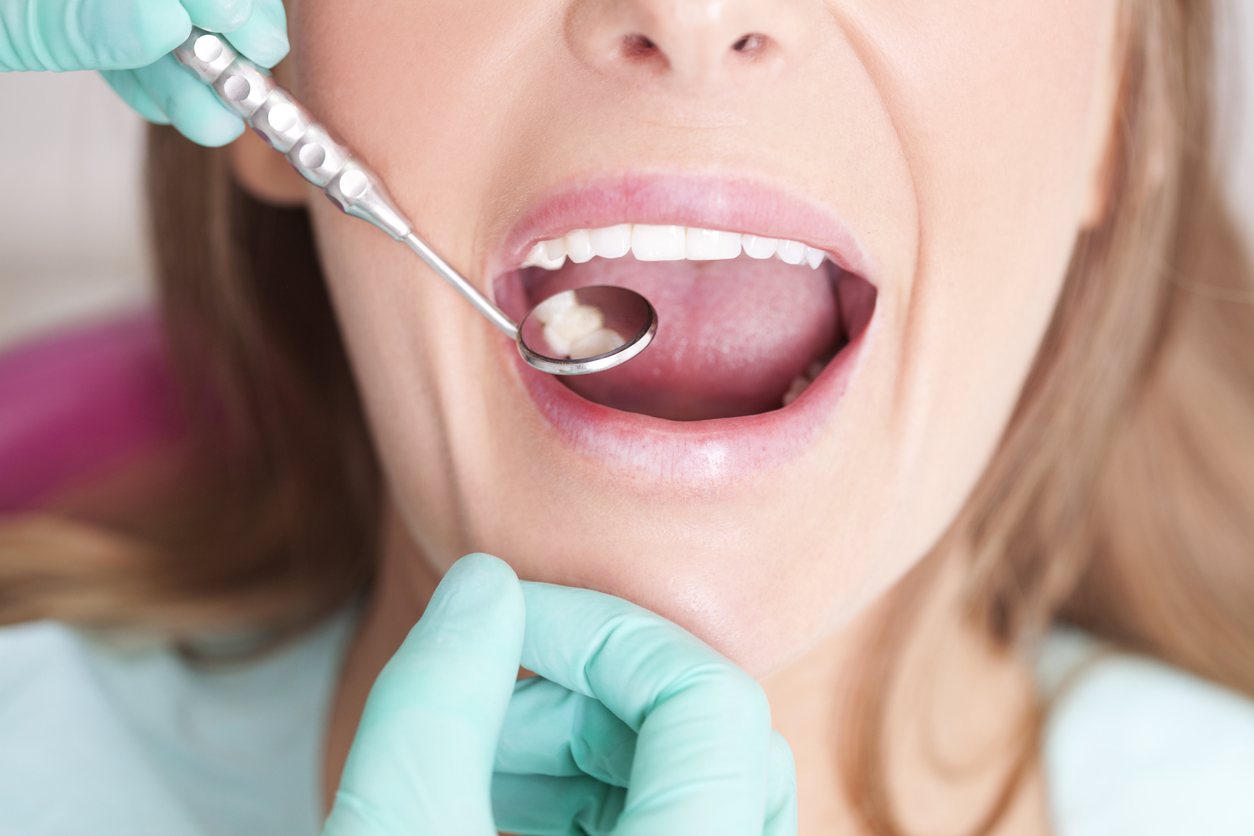What Are Cavities?

We’ve all heard of them and the importance of avoiding them, but what actually are cavities? Have you ever had a cavity filled? According to the CDC, this common tooth problem affects about 91% of the U.S. population aged 20 to 64, with about 27% being untreated.
Time to learn all about cavities and what you need to do to prevent them:
What Are Cavities?
Cavities are permanently damaged tiny openings or holes in the surface of your teeth and tooth enamel. While cavities are more prevalent with children, they can affect anyone at any age and are extremely common.
These cavities form when the bacteria in our mouth use the sugar we eat and turn it into acid that creates these soft holes. If you practice poor oral hygiene, plaque builds up and leaves you more likely to develop a cavity. If a dentist doesn’t correctly fill these cavity holes, there can be extensive complications such as permanent damage, further tooth decay, pain, eating problems, and tooth abscess.
Signs and Symptoms
The symptoms of cavities vary depending on their location and the extent of the damage. You may not have all of the signs when they first develop, but here’s what you should be looking for:
- Toothache, spontaneous tooth pain
- Tooth pain while eating or drinking something sweet, cold, or hot
- Tooth sensitivity
- Visible holes or pits in your teeth
- Black, brown, or white staining on the surface of a tooth
Since cavities are so common, it’s easy to think they don’t need to be fixed soon, but it’s crucial to see a dentist if you experience any of these symptoms.
Prevention
Proper oral hygiene is crucial in preventing the formation of cavities and tooth decay. Speak with your dentist about these tips to help you protect your teeth from cavities:
- Brush with fluoride toothpaste after eating or drinking – At least twice a day, and ideally, after each meal you eat, you should brush your teeth with a toothpaste that contains fluoride.
- Floss regularly – Use floss after eating to get rid of any food particles trapped in between your teeth.
- Rinse with mouthwash – Clean those hard to reach places with a fluoride-containing mouth rinse regularly.
- Avoid frequent snacking and sipping – Anytime you eat or drink a beverage other than water, you allow the bacteria in your mouth to create acids that destroy your tooth enamel.
- Eat tooth-friendly foods – Some foods and drinks are better than others. Consider switching to sugarless gum, unsweetened tea, or coffee, and eat more fruits and vegetables.
- Ask your dentist about other preventative measures – Consider getting dental sealants, utilize antibacterial treatments, and more.
Dentist in Fairfield County
If you worry you might have a cavity, need a cleaning, or are experiencing any dental problems, give Fairfield Dental Arts a call at (203) 254-3780. Our team of dental experts are here to help you!
Follow us on Facebook and Twitter!


